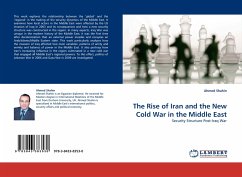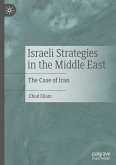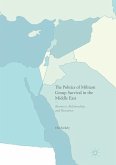This work explores the relationship between the global' and the regional' in the making of the security dynamics of the Middle East. It examines how local actors in the Middle East were affected by the US invasion of Iraq in 2003 and its consequences and how a new security structure was constructed in the region. In many aspects, Iraq War was unique in the modern history of the Middle East; it was the first time after decolonization that an external power invades and occupies an Arab/Islamic/Middle Eastern state. This work particularly analyzes how the invasion of Iraq affected two main variables: patterns of amity and enmity and balance of power in the Middle East. It also portrays how Iran's increasing influence in the region culminated in a new cold war that engaged all Middle East's regional powers. To this effect, politics of Lebanon War in 2006 and Gaza War in 2009 are investigated.








